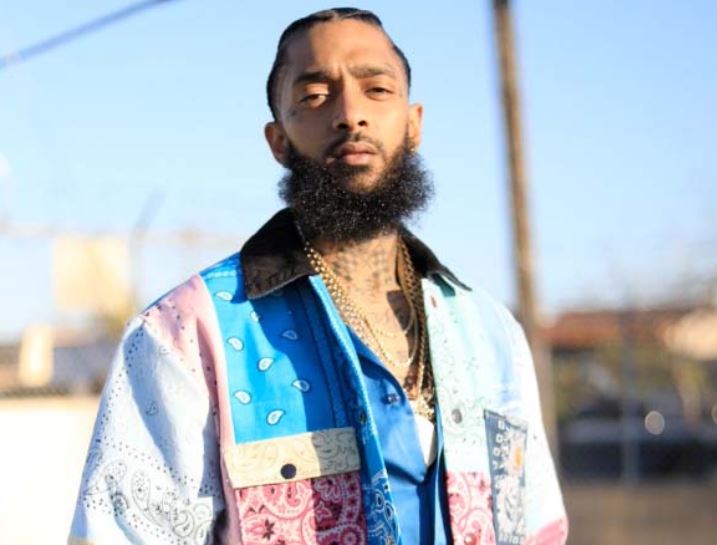Nipsey Hussle (Ermias Joseph Asghedom)

Nipsey Hussle
Nipsey Hussle’s stretch of Slauson Avenue has largely been overlooked by the gentrification boom that has transformed so many neighborhoods of Los Angeles.
The lack of investment in the Hyde Park section of South L.A. shows on the faces of distressed buildings, some still etched with the names of bygone businesses that haunt the neighborhood like ghosts.
At the time of his death, Hussle was reaching out to a diverse array of partners — from fellow musicians and L.A. politicians to a Republican senator from South Carolina — to make the revitalization of Hyde Park something larger and potentially longer-lasting.
Hussle was part of an investment group that was planning to use a tax incentive carved out in a recent federal law to revive not only his neighborhood, but other forgotten, low-income communities in 11 cities, Washington, D.C. and Puerto Rico.
Celebrities and South L.A. residents alike have lauded his efforts to leverage the tools of other institutions that long ago abandoned his community. Jay-Z praised Hussle’s work in a show last month in New York’s newly renovated Webster Hall.
“Gentrify your own ’hood, before these people do it,” he rapped. “Claim eminent domain and have your people movin’. That’s a small glimpse into what Nipsey was doing.”
Together with his business partner, real estate developer David Gross, Hussle had been scheduled to meet with Sen. Tim Scott, a Republican from South Carolina, to discuss rolling out an investment fund they had created called “Our Opportunity.” Its mission is to work with the hometown heroes “of every large, majority black city to, in a systematic way, acquire and develop transformative projects,” said Gross, who grew up in South L.A.
And Hussle, an activist who has been hailed for never abandoning his ’hood even after earning a Grammy nomination, had also derived a way to have residents invest alongside him. The plan was to crowdfund from each community and give residents an ownership stake in every project created in their neighborhood.
“He wanted to be a symbol and really spark a movement,” Gross said of Hussle, born Ermias Asghedom. “Basically, it was the economic version of Black Lives Matter. [That] is what we were trying to create.”
The tax incentive that Gross and Hussle were planning to tap was promoted by Scott and included in President Trump’s 2017 overhaul of the federal tax code. It offers potentially large tax breaks to investors who are willing to pour much needed capital into rebuilding poor and sometimes up-and-coming communities that have been designated as “opportunity zones.”
Born
- August, 15, 1985
- Los Angeles, California
Died
- March, 31, 2019
- Los Angeles, California
Cause of Death
- was shot multiple times in the parking lot of his store, Marathon Clothing

